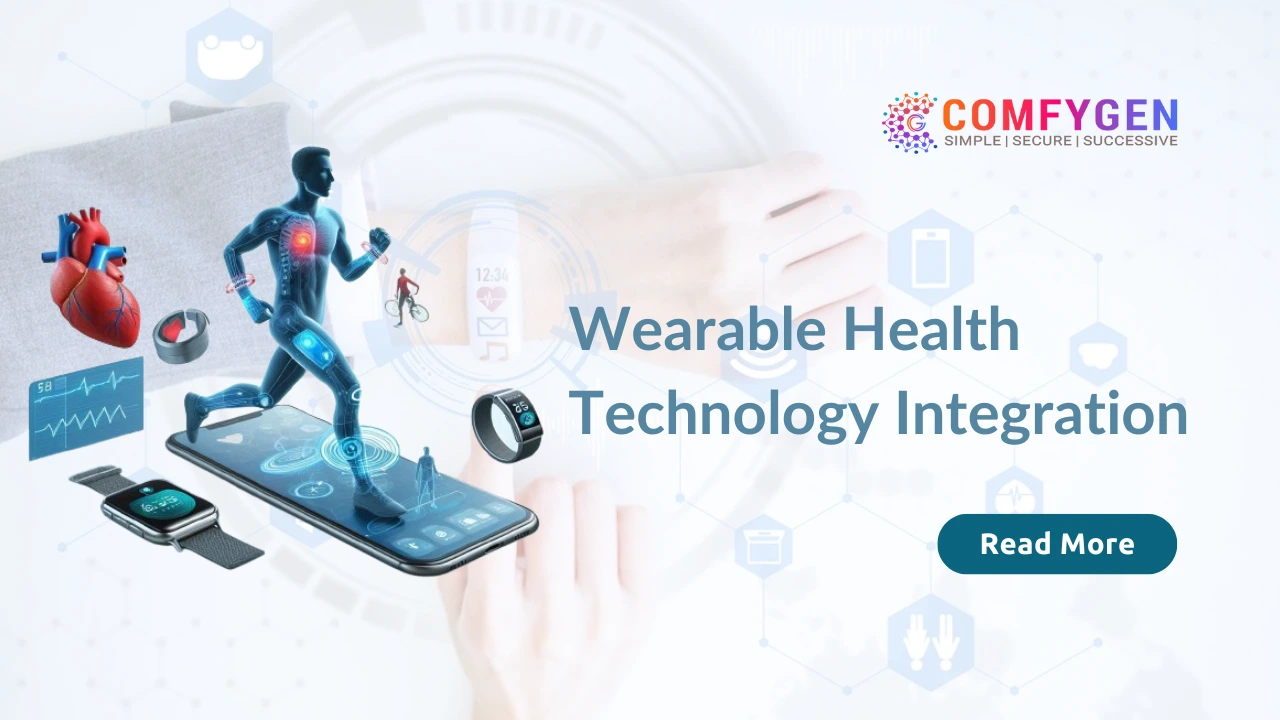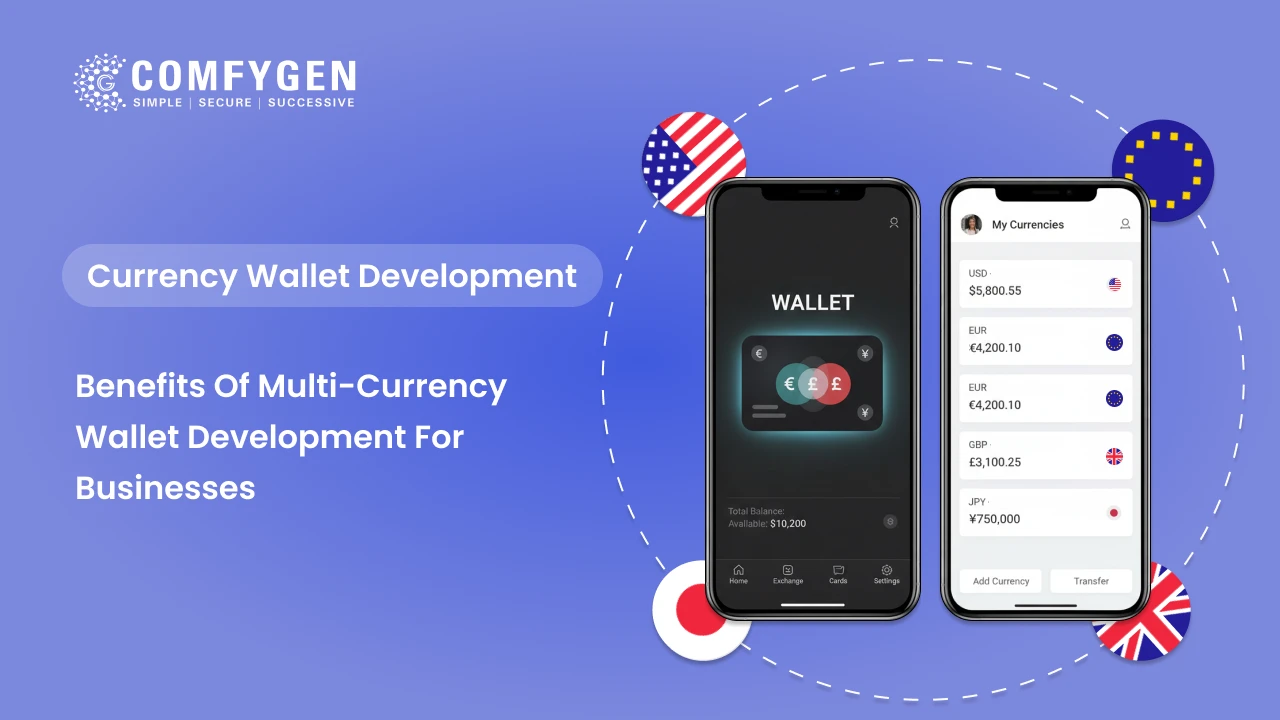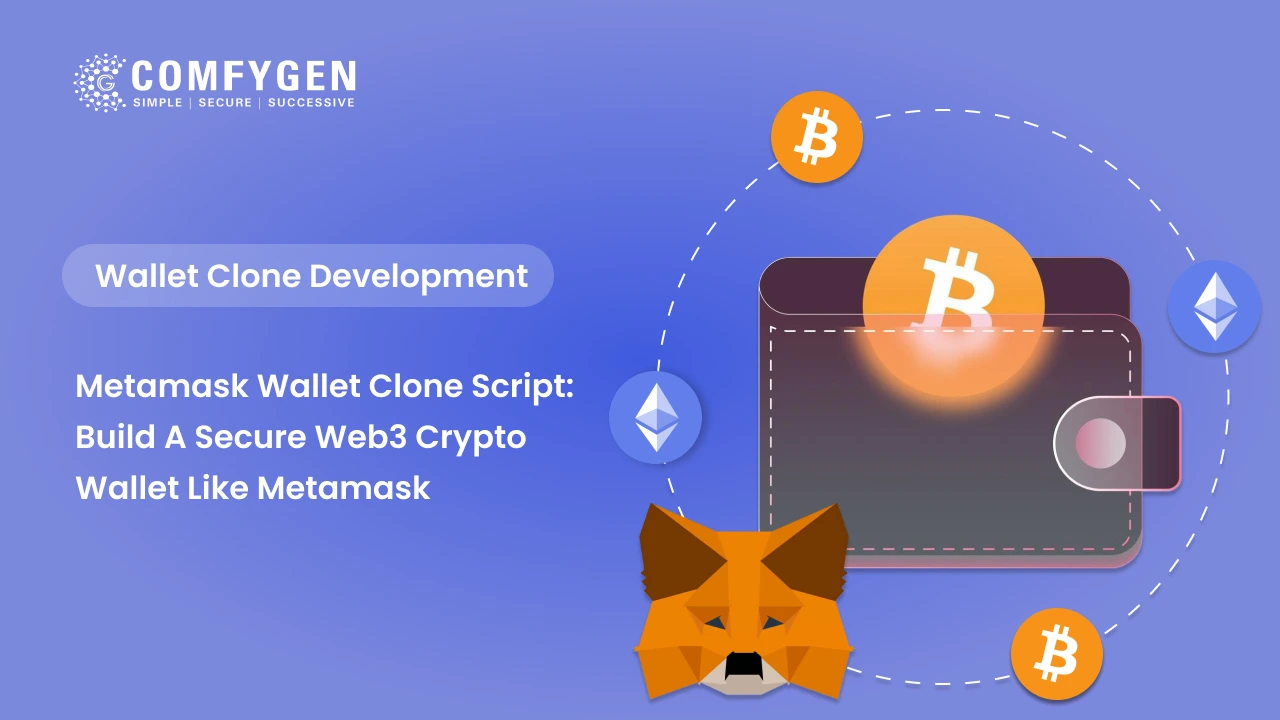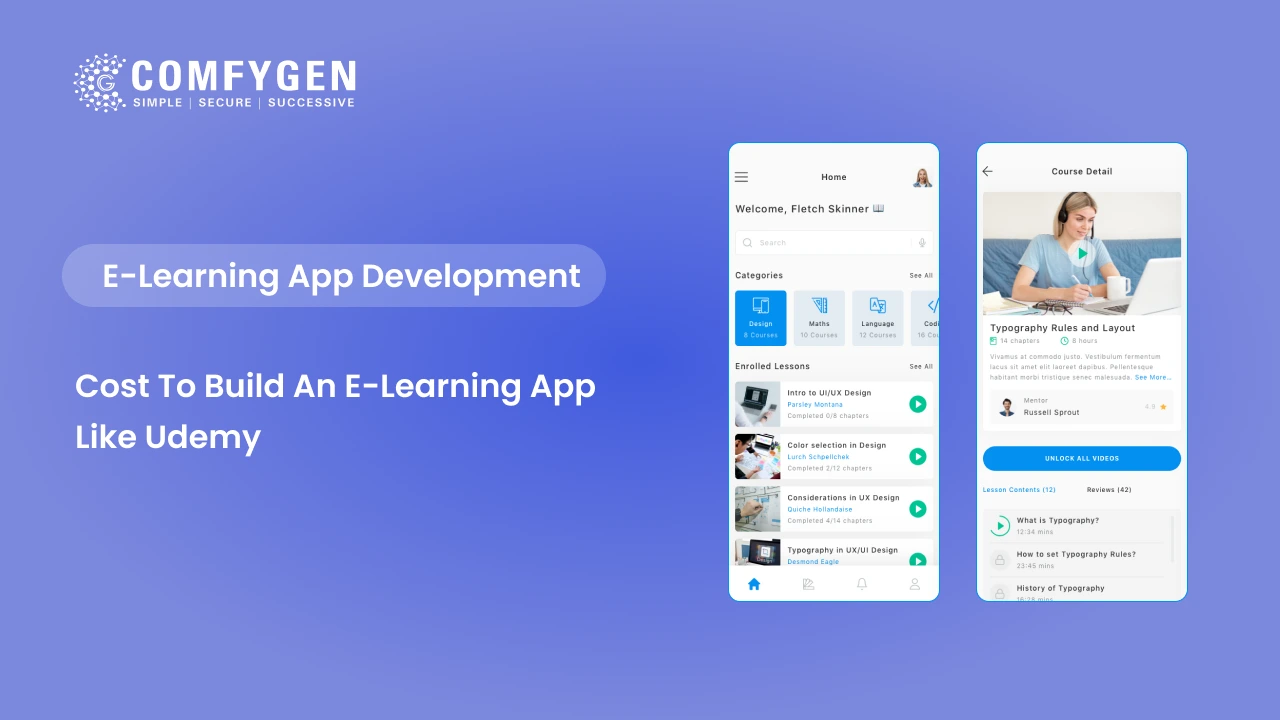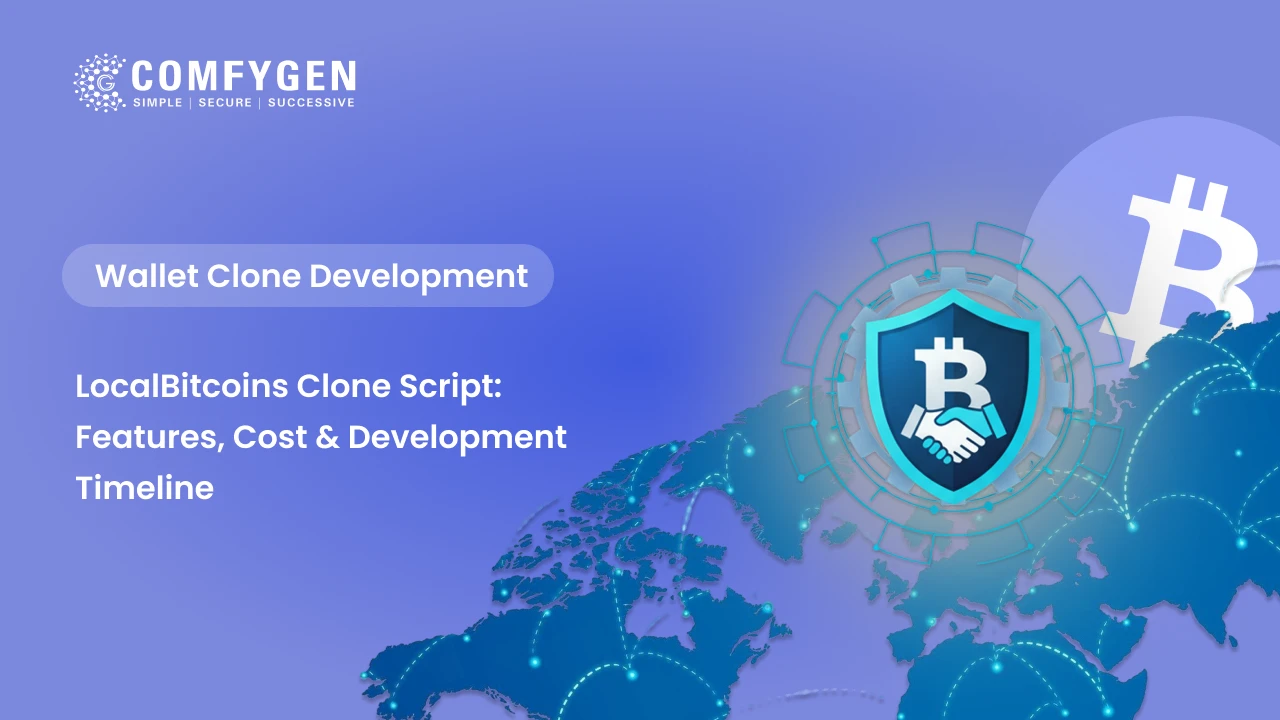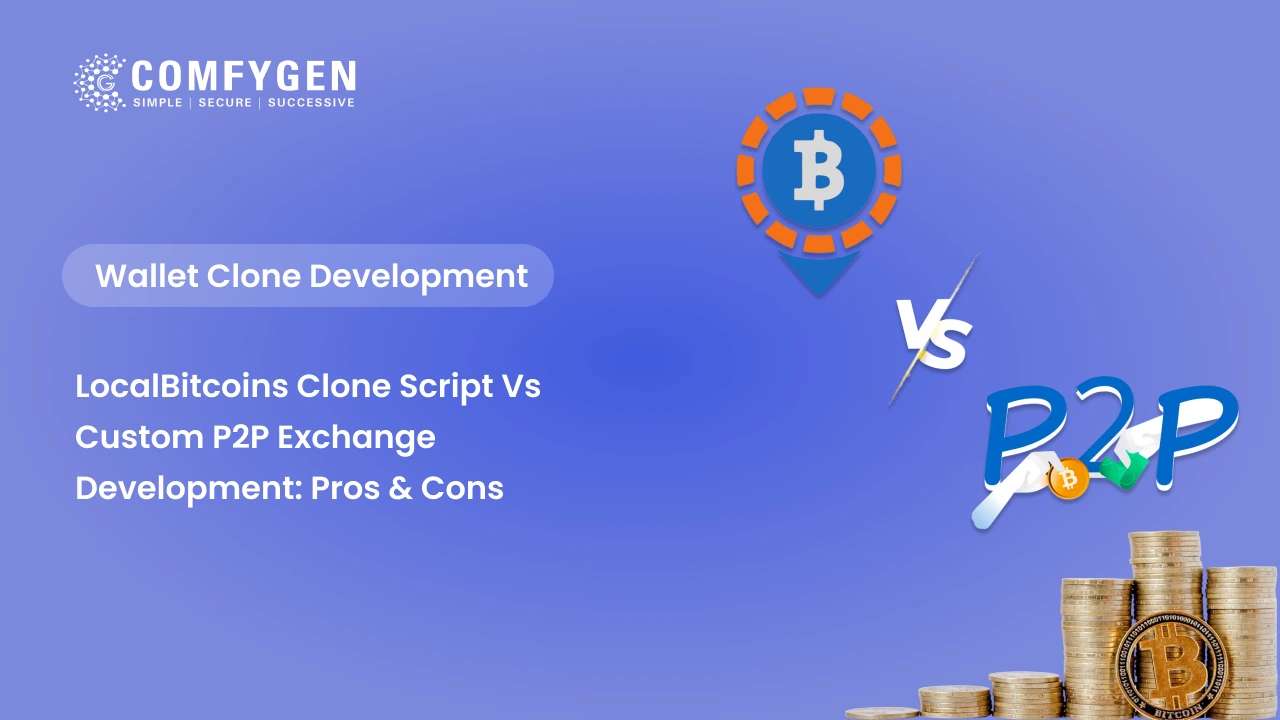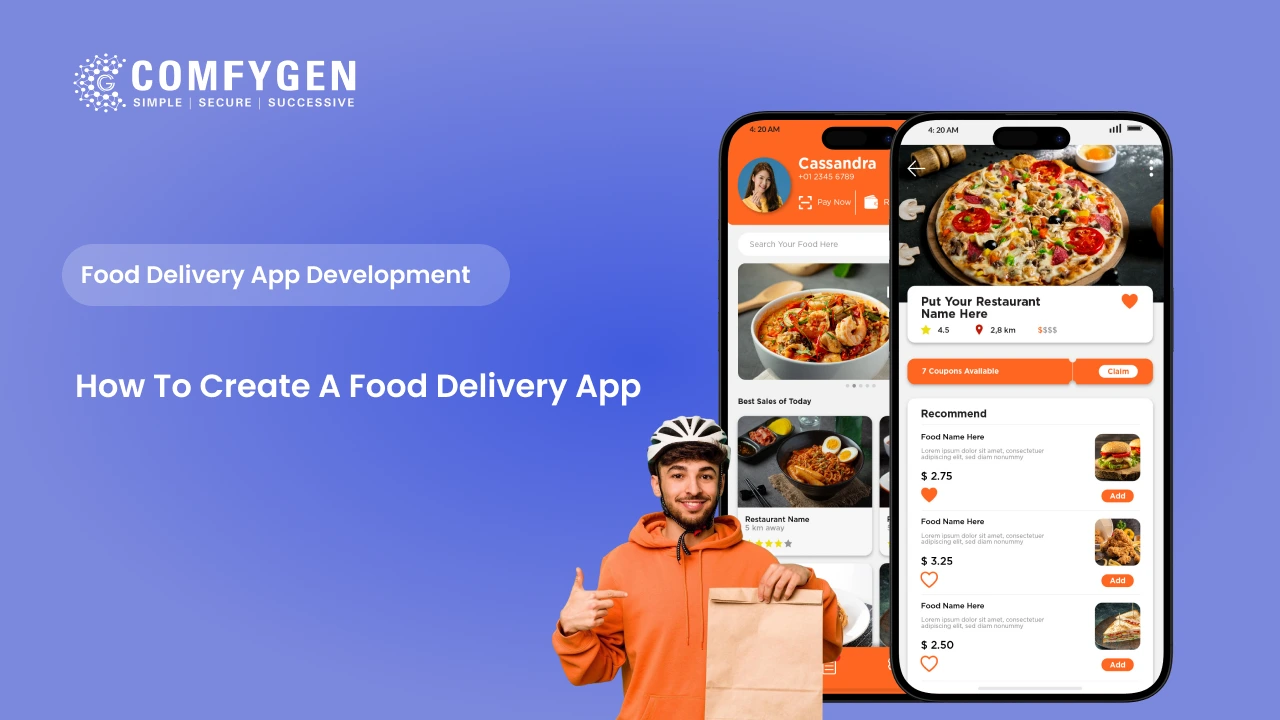Wearable Health Technology Integration: The Future of Healthcare App
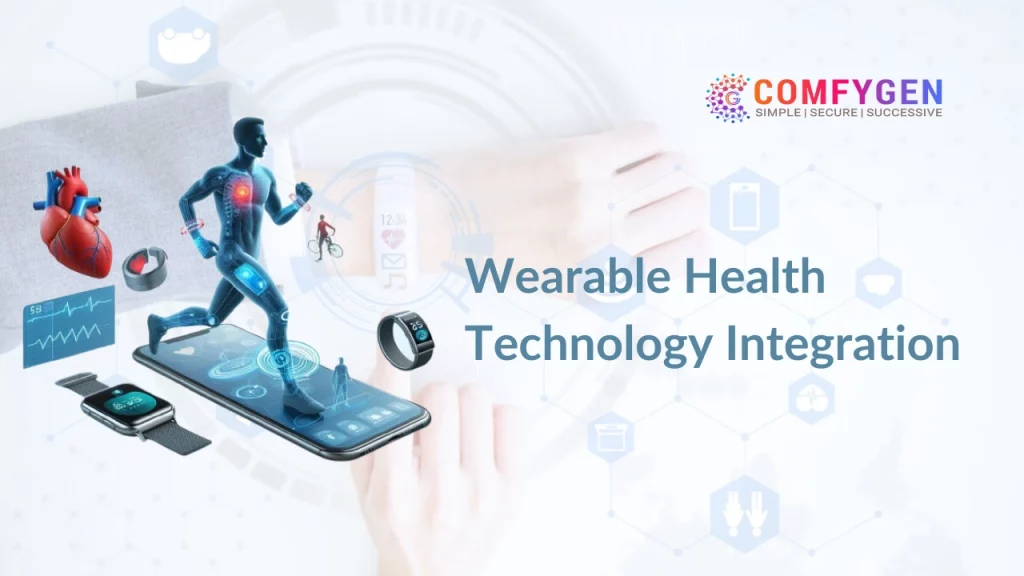
Want to integrate wearable health technology into your healthcare app? We develop custom healthcare apps that provide real-time health monitoring, data insights, and improved patient care.
Healthcare apps are the trendiest and one of the most highly used applications in today’s generation. The health-conscious generation wants to keep track of their vitals and know their health status. This has driven the demand for wearable devices and their compatibility with healthcare apps. Wearable apps have now become a major part of healthcare app development.
The global wearable medical devices have obtained a market valuation of USD 81.15 billion in the year 2023. Now, the market is all set to reach USD 324.73 billion by 2032, with a CAGR of 17.2% during the forecast period. The wearable market is set to record shipments of nearly 560 million devices in 2024. The value is all set to grow in the upcoming days. This shows the massive demand for the integration of wearable apps in healthcare. The demand has led to Wearable App Development in healthcare.
Let’s discuss in detail the wearable app development, including types and top features as well as the benefits of wearable technology in healthcare to users;
Types of Wearable Apps
The wearable technology in healthcare app development are basically of two different types;
- Standalone Apps
The wearable app development of this type focuses on operating on a wearable device in healthcare. It integrates with the device’s hardware and software capabilities. It lets users access Wi-Fi or other possible methods to access the internet without the use of a smartphone or tablet.
One of the biggest examples of this custom healthcare mobile app development is fitness tracker app development. It tracks heart rate, monitors activities, smartwatch and other metrics in wearable devices without the necessity of smartphones - Companion Apps
Created to enhance and expand the features of a primary mobile application. This wearable healthcare app development comes with limited functionality that necessitates frequent data exchanges. It regularly synchronizes data, receives updates, and performs specific tasks by connecting with the main mobile app.
For example, Smartwatch apps for messaging platforms allow users to read and reply to messages directly from their wrists. Smartphones also manage the primary message processing and storage.
Top Features of Wearable Apps Integration into Healthcare
Here is the list of top features to be included in wearable app development;
Real-Time Data Sync
AI-powered real-time data sync keeps the wearable app’s information always updated. Moreover, this feature ensures seamless and immediate data sharing between wearable devices and other connected platforms or healthcare apps. In addition, it facilitates prompt updates and easy access to the latest information. This is why mobile app developers are prioritizing real-time data sync in wearable mHealth apps.
Cross-Device Compatibility
Custom wearable apps need to be compatible with multiple devices and operating systems to deliver a seamless and convenient technical experience. The integration of cross-device compatibility features allows users to access and utilize the app across various platforms. Further, it ensures a consistent and enjoyable experience regardless of the device being used.
Gesture Recognition
App users can effortlessly control their wearable apps using simple and hands-free movements or in-built gestures. This feature in wearable app development significantly enhances convenience, especially when using fitness bands or smart glasses during day-to-day activities. This feature will seamlessly interact and improve the overall user experience by making app navigation and control more accessible.
Voice Commands
The voice command feature simplifies and enhances user interaction and allows hands-free control. This specific feature is useful when users are engaged in other activities. The app can respond to vocal requests well and offer efficient functionality. By leveraging virtual commands, users can manage their apps and devices more effectively.
Location-Based Feature
Custom wearable mobile app development with built-in GPS that offer location-based features. It includes navigation, proximity alerts, and geotagging. These location-based features enhance user convenience and experience by providing real-time and location-specific information. The integration of GPS technology lets users receive timely alerts and directions. Overall, this feature improves the functionality and usability of the wearable device in healthcare.
Health and Fitness Tracking
The wearable app development features integration of fitness and health metrics to track vitals and other conditions. This aids in tracking fitness, heart rate, steps, sleep patterns, and other metrics. It includes health and wellness tracking that encourages a healthy lifestyle and provides insightful information to the users. Get in touch with a top fitness and healthcare app development company to start your development project.
Personalization and Customization
Personalization features let users tailor their preferences to meet individual requirements. This feature includes theme adjustment, notifications, and other relevant settings. Such flexibility enhances user engagement and satisfaction, giving a personalized experience. This feature ensures the wearable app development aligns closely with the user’s specific preferences and lifestyle.
Offline Functionality Feature
The offline functionality feature in wearable app development lets users access certain features and complete tasks without any internet connection. This featural capability ensures that users can continue to operate effectively and maintain productivity even when they are not online. This makes the application more versatile and dependable in different connectivity situations.
Integration of Security Measures
Implementing robust security measures during custom healthcare wearable application development is crucial for protecting user data. This involves safeguarding against unauthorized access or breaches through authentication, data encryption, and strict data access controls.
With the integration of high-quality security protocols, users can ensure that sensitive information remains secure. It also aids in maintaining user trust and prevents potential data theft or misuse. Additionally, strong security practices are essential for safeguarding data and ensuring the integrity of the healthcare system.
Third-Party Recognition
Making custom wearable application development supports integration with third-party platform services and improves user experience. This feature lets users connect with friends and family through social media platforms. They can even collaborate seamlessly with fitness apps and control smart home gadgets. In addition, by enabling these connections, the wearable app enhances its functionality and user experience. Further, it becomes easier for users to manage their social and lifestyle interactions through wearable mHealth apps.
DO YOU HAVE A WEARABLE APP IDEA?
You can reach out to us for advice from industry experts with relevant experience.
Wrapping It Up!
Wearable technological integration in healthcare will bring numerous benefits to users. Over time, the integration will evolve with advanced technological incorporation. The above features in wearable app development make the app more personalized, efficient, and convenient. If you want to integrate wearable technology into your healthcare application or create a new wearable app, consult Comfygen!

Mr. Saddam Husen, (CTO)
Mr. Saddam Husen, CTO at Comfygen, is a renowned Blockchain expert and IT consultant with extensive experience in blockchain development, crypto wallets, DeFi, ICOs, and smart contracts. Passionate about digital transformation, he helps businesses harness blockchain technology’s potential, driving innovation and enhancing IT infrastructure for global success.
Based on Interest
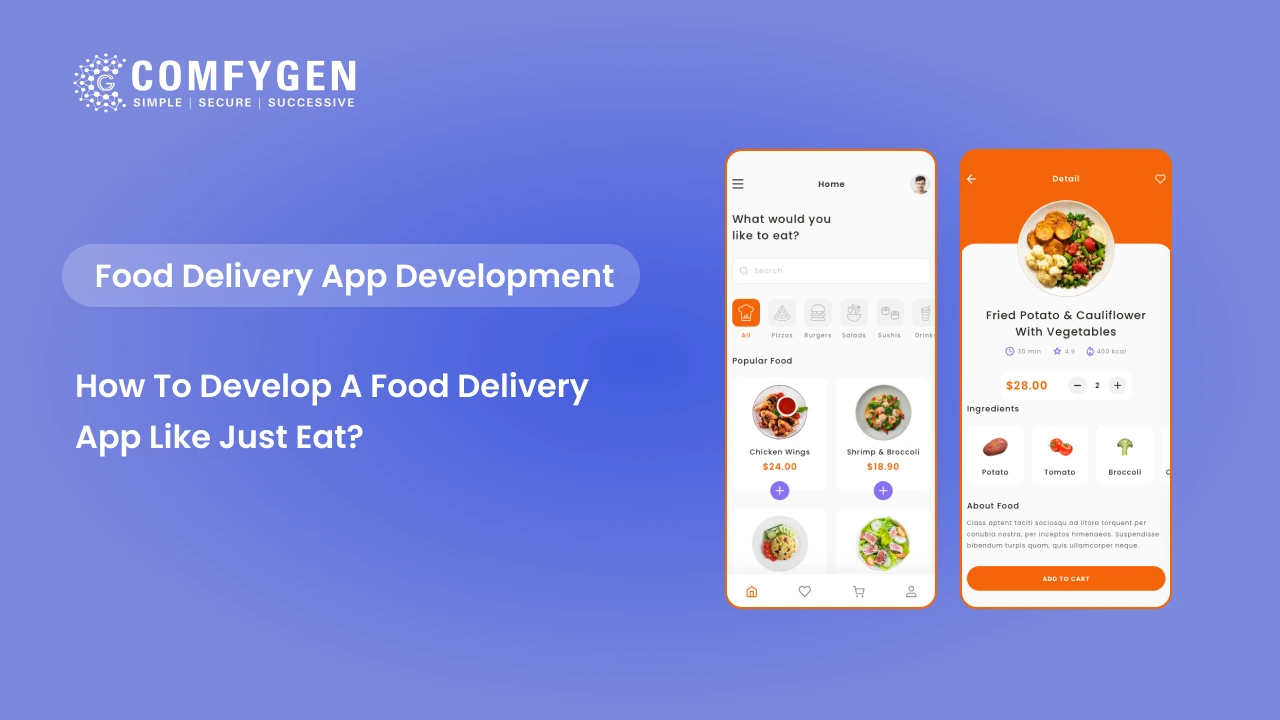
How to Develop a Food Delivery App Like Just Eat
The food delivery industry has experienced exponential growth in recent years. With users preferring convenience over traditional dining, businesses are investing heavily in food delivery app development. One…

